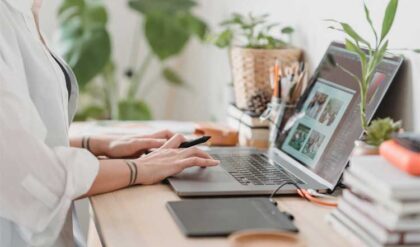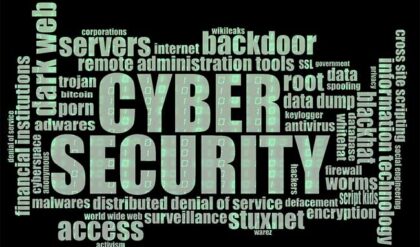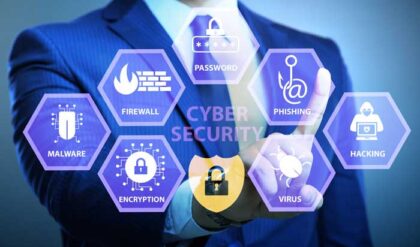Keep cybercriminals away from your files
Exploring the online world has become a part of our daily lives. Be it for work or for leisurely purposes, most of us can’t help but get on the web and start browsing. While there are certainly a ton of benefits to browsing the web, there are a lot of dangers that lurk around as well.
Without the proper safety measures and browsing know-how, it won’t take long before you unintentionally put yourself at risk of online threats and hacks. There are a lot of things that can happen online including but not limited to having your personal data stolen and even exposing your location to others.
The good news is that it’s relatively easy to stay safe and responsible online. There are a lot of safeguards you can establish to begin protecting yourself from online digital threats. Here are some of the best ways you can do so.
Always Update Your Devices And Apps
You’ll constantly notice that developers tend to regularly update their software and devices. Aside from adding new features, these updates also introduce security measures to further strengthen the software’s capacity to deflect digital threats. It can also block any holes in the framework.
You should always keep your devices and apps up-to-date. There’s a reason why updates are constantly reminded to users. If you want to be safe about an update, make sure to read through patch notes as well so that you get an understanding of what it introduces to your device or software.
Never Leave Your Devices Unattended
It’s very irresponsible to leave your devices like laptops, smartphones, and work computers unattended. Aside from the risk of having your device stolen, you also put yourself at risk of letting people tamper with your data directly. It’s a common form of digital attacking that people forget.
Even if it’s just for a minute, leaving your device open and unattended can already result in serious repercussions. If it really can’t be helped, you should make sure to lock your device before you leave it temporarily.
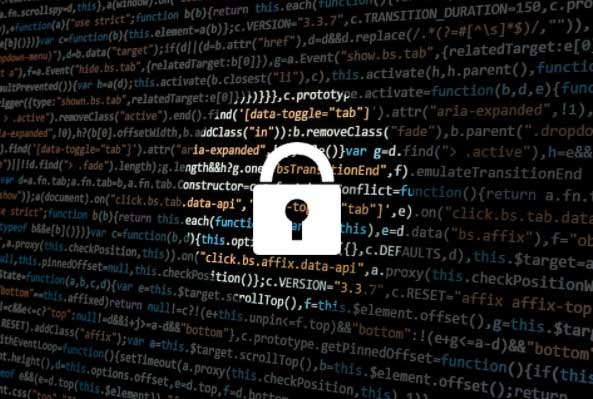
Use A VPN
A VPN or a virtual private network is a solution that creates a tunnel for your browsing activities so that you can browse anonymously and securely. For a subscription fee, you can start using a VPN but you might want to use these NordVPN discounts to save a few bucks. It’s definitely software worth getting if you usually connect to public connections.
It’s fairly common for people to connect to public Wi-Fi in malls, hotel lobbies, and other areas. The problem with this is that public connections are not very secure. You are putting yourself at risk of getting hacked if you connect constantly.
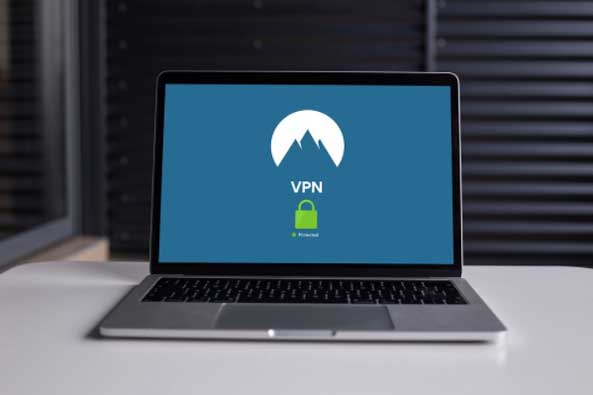
You can protect your devices and yourself when connecting to public Wi-Fi by using a VPN. It does this by masking your device through a secure tunnel. Whether you browse using your smartphone or your PC, you’ll be connected if you’re using a VPN along with your browsing.
Another way VPNs can protect you is by masking your location. The software can do what’s called geo-spoofing where it helps your network simulate browsing from another region. Aside from security purposes, this also helps you access content or services that you won’t regularly have access to.
VPNs are available for both desktop and mobile devices too so you can protect all of the devices you have using the software.
Enable Two-Factor Authentication
Two-factor authentication adds a layer of security to your accounts. Traditionally, accounts and devices are locked behind a password or a pin. Extra authentication adds an extra layer that will make it a lot harder for hackers to infiltrate said device or account.
There are many other forms of authenticators. The most common ones are fingerprint scanners, face scanners, and even one-time passwords (OTP) sent via SMS or email. Always use two-factor authentication for all of your accounts to keep safe online.
Nowadays, using more than two authenticators is possible. It may seem troublesome to have to go through all of these authenticators when using your own device but the payoff when it comes to security and safety is definitely a welcome one.
Take Passwords Seriously
Your password is your first line of defense from hackers. Some people don’t make the time and effort in making a password that’s hard to guess. Ideally, your password should be longer than 8 characters, have alpha-numeric characters, lower case and upper letters, and symbols.
When making a password, don’t try to create one that can be easily associated with you. This means it’s a bad idea to put your address, your favorites, or your birthday inside your password. Last but not the least, change your password at least once every three months.
It should be a given by now but you should never share your password with others. If you aren’t confident that you’ll be able to remember the password you create, write it down on a piece of paper and keep it in a place that only you can access.
Watch What You Click
All of these tips to keep safe online are going to be useless if you aren’t careful with what you click on while browsing the web. Phishing scams, websites that take your data, and websites that install unseen software are pretty common nowadays as well. As such, being careful about what you browse is very important as well.
Ideally, you should only browse on websites that you know are safe and secure. There are many browser extensions that can tell you if the website that you are about to visit is secure. Make sure to install these on your browser so that you remain safe as you browse the web.
Staying safe online is very easy so long as you follow these tips. Your safety matter very much online as data is a valuable asset to hackers and to the black market. As always, responsible browsing is the best and safest way to ensure that you are free from the grasp of online digital threats.


